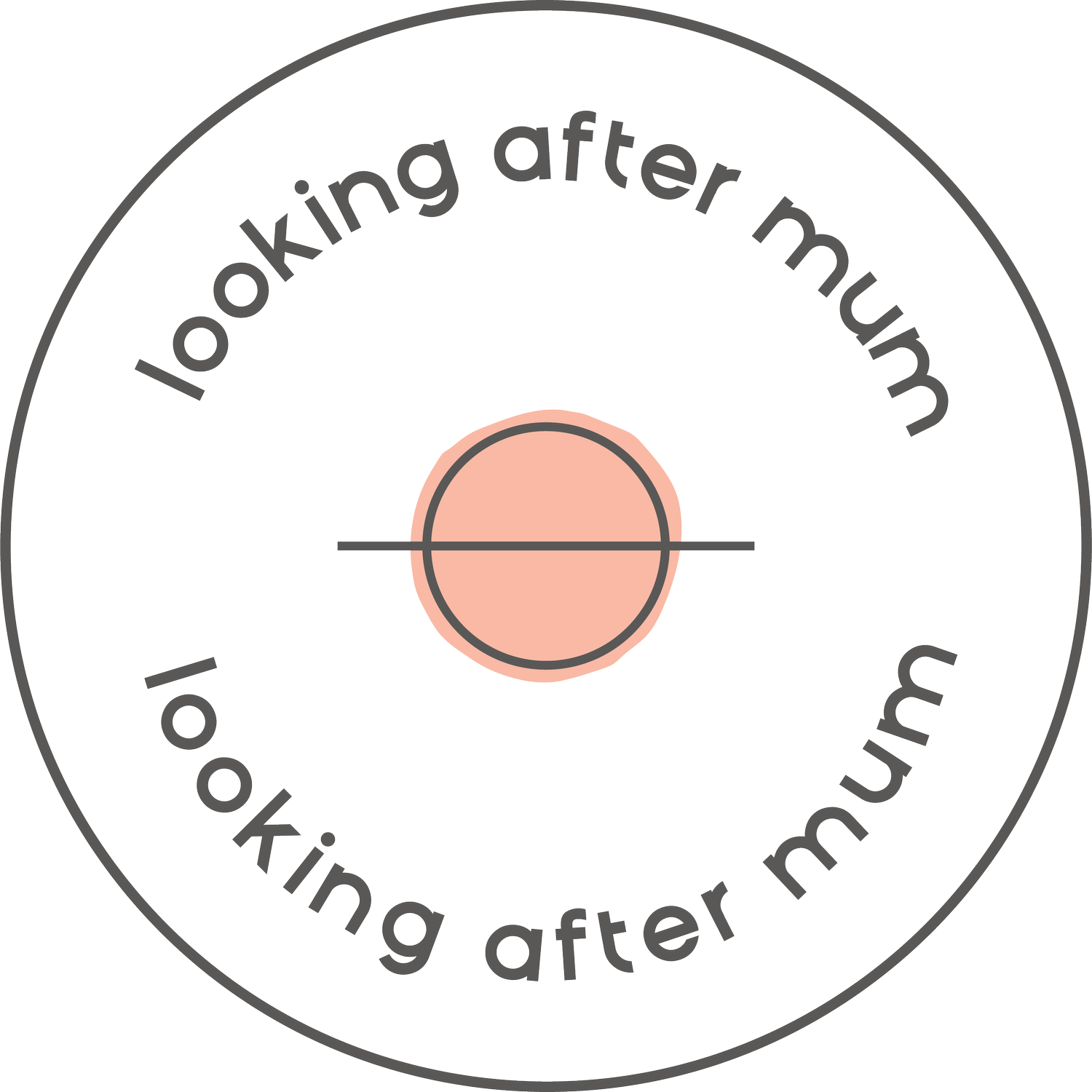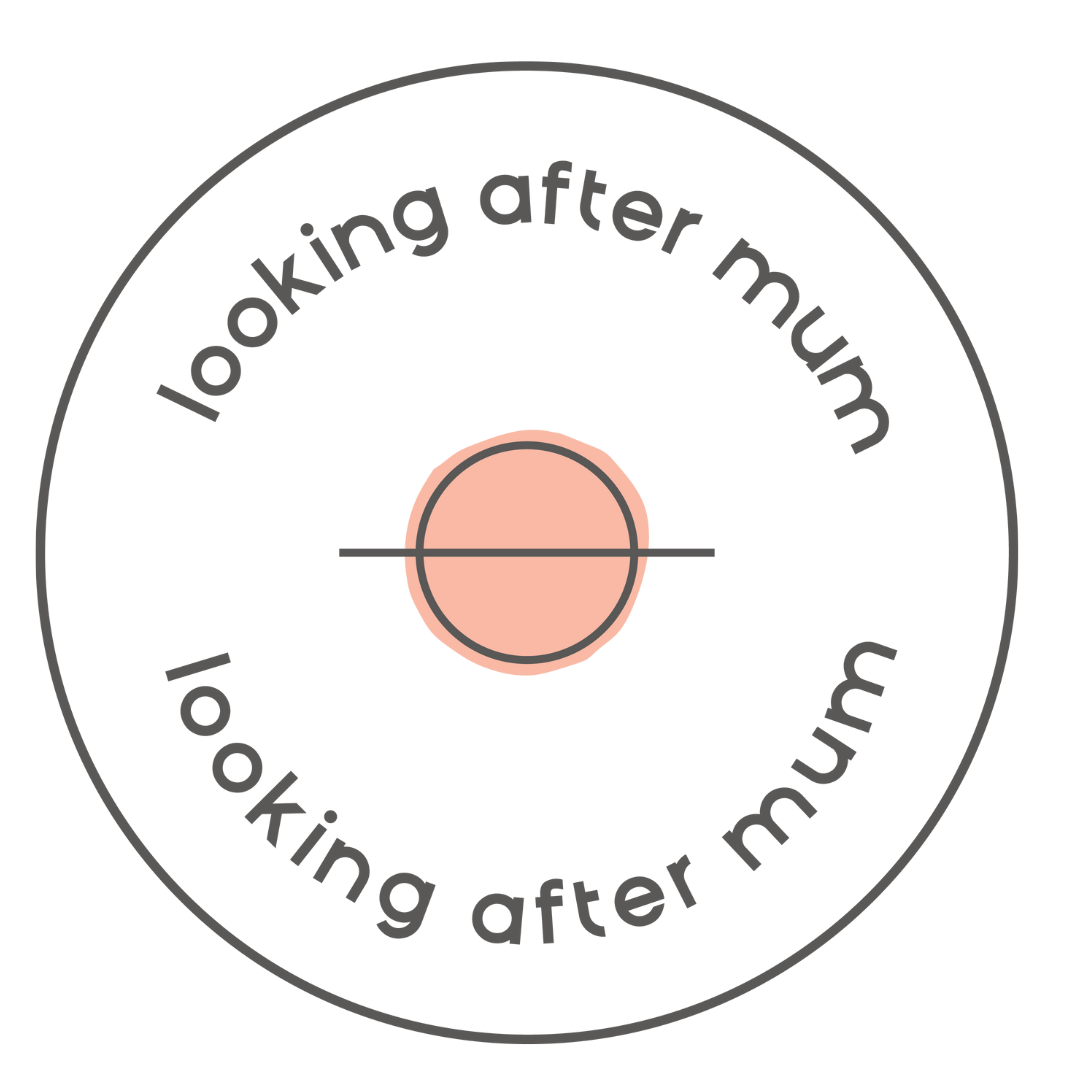What is the Treatment for Postpartum Intrusive Thoughts?
By Sophie Harris - Pregnancy & Postpartum Psychotherapist
It is not uncommon for any mum to become concerned for their baby, whether ensuring they are still breathing or worrying about them getting hurt. Still, what if these concerns seem so rooted in reality that you begin to experience these terrifying thoughts of harming your baby or waiting for something awful to happen to them? If such is the case, you might suffer from intrusive thoughts caused by postpartum depression and anxiety.
What Are Postpartum Intrusive Thoughts?
Postpartum intrusive thoughts are essentially unwelcome thoughts of either causing harm to one's baby or fear of something terrible happening to the baby, thus creating significant stress and anxiety for the mum. For instance, what if I hurt my baby, get into a car accident with them in the vehicle, or the baby dies in their sleep?
So, what are some common postpartum intrusive thoughts?
Invasive thoughts of harming the baby
Frightening thoughts of stabbing the baby
Thoughts of drowning the baby in the tub
An impulse to shake the baby
Fear of putting them in the oven or microwave
Recurring images of the baby dead
Why Are Postpartum Intrusive Thoughts So Common?
Studies have revealed that 70-100% of mums have experienced intrusive thoughts at some point during postpartum depression, triggered by hormonal levels dropping drastically, psychological stressors, and environmental factors.
In addition, the awareness of becoming a new mum, and the instinct to protect one's baby from harm, can also produce stress and anxiety, creating obsessive and distressing thoughts.
Some mums may also have underlying mental health conditions, such as OCD or depression, causing troublesome postpartum symptoms.
Why Are Postpartum Intrusive Thoughts Frightening?
Postpartum intrusive thoughts are frightening because they go against one's morals, and hurting their baby is something they would never do. Therefore, they may become even more protective, worsening their symptoms.
In addition, we live in a world that often places unrealistic expectations on mums to be perfect. Therefore, if they are experiencing intrusive thoughts, they are more apt to feel a sense of shame and guilt, causing them to feel like a terrible parent.
Even worse, mums might feel like they are losing touch with reality. Therefore, they often don't disclose to anyone what they are experiencing, not to mention the fear of losing their child if found out.
When Postpartum Intrusive Thoughts Lead to Postpartum OCD
There is no complete explanation why postpartum intrusive thoughts lead to postpartum OCD. However, one theory is that when mums don't disclose their terrifying experiences, these thoughts continue to circulate in their brains and, therefore, lead to compulsions.
Acts of compulsion are a mum's attempt to stop the distressing thoughts and a need to protect their child from a perceived threat that becomes too intense for their mind to handle.
Compulsive acts include:
Not putting the baby down
Constantly checking if the baby is breathing
Avoiding bathing them or climbing stairs
Seeking reassurance as a mum
Afraid to be left alone with the baby
Overwhelming anxiety
Fear of harming the baby
How Can I Cope with Postpartum Intrusive Thoughts?
It is essential to mention that there is absolutely nothing wrong with you for having postpartum intrusive thoughts, nor does it mean that you are a bad mum or have a character defect. But, it is crucial to care for your mental health. Therefore, one of the most critical steps would be to seek treatment to discuss your concerns. A counsellor is not there to judge you but to help you make sense of everything. In the meantime, self-care is an absolute must for yourself and your baby.
Self-care tips include:
Ask for help around the house
Don't take on everything
Get plenty of rest
Find some stress-reducing techniques
Take some time for yourself
Non-avoiding distractions include:
Listen to music or an audiobook
Get outside or take a walk
Do some activities such as coloring, painting, or word search
Remind yourself that you are a good mother
Talk with a trusted friend or family member
Don't escape the intrusive thoughts but allow them to enter your mind until the fear decreases.
What Can I Do to Help?
Many women experience the devastating effects of intrusive thoughts. However, just because you have thoughts of harming your baby doesn't mean it's going to happen. Therefore, seeking help from a counsellor can benefit your mental health and well-being.
When we are afraid to seek treatment for fear of being judged as a bad mum, we prevent ourselves from experiencing a life filled with less pain and end up suffering in silence. However, reaching out is a positive coping skill and a great sign of strength. It's saying that you are tired of feeling this way and want your life back.
Postpartum intrusive thoughts are very treatable; therefore, you don't have to live with this unnecessary stress any longer. With the proper guidance, support, and action plan, you can finally learn to breathe and live again.
There is Hope…
It is not easy being a new mum when you have all these added responsibilities, extra stressors, and hormones that are not quite yet in balance. Therefore, of course, you will feel extra stressed, anxious, and overwhelmed. However, feeling this way doesn't make you an incapable or incompetent mother, nor does having intrusive thoughts.
You may feel alone and afraid of these terrifying thoughts or guilty, ashamed, and terrible about yourself. But these thoughts are nothing more than that and are not who you are. Therefore, you don't have to suffer any longer with all these scary thoughts running inside your head or fear the worst outcome for your baby.
Ultimately, the best thing you could ever do for yourself is to face your situation head-on and be open and honest about the thoughts you are experiencing. Seeking the appropriate help can make all the difference. Therefore, if you take that leap of faith, you will find yourself living and leading a more fulfilling and satisfying life where you can finally enjoy your bundle of joy.
Hi, i’m Sophie
I am a therapist and mother. I love helping new mums overcome anxiety and low mood to feel confident and content.
If you are looking for postpartum support for you or a loved one, then use the links below to find out more about the services that could help you.






